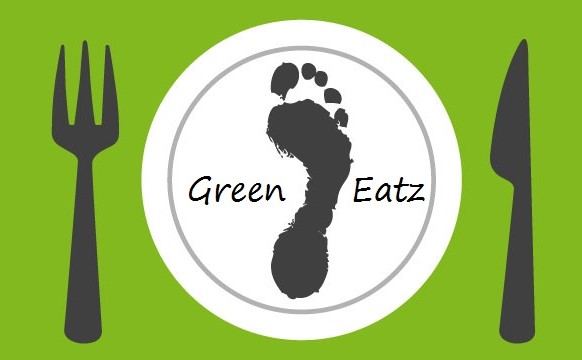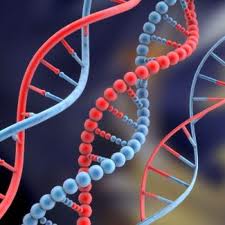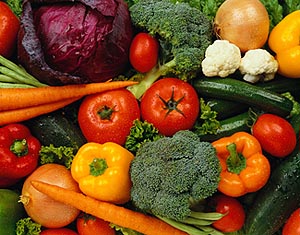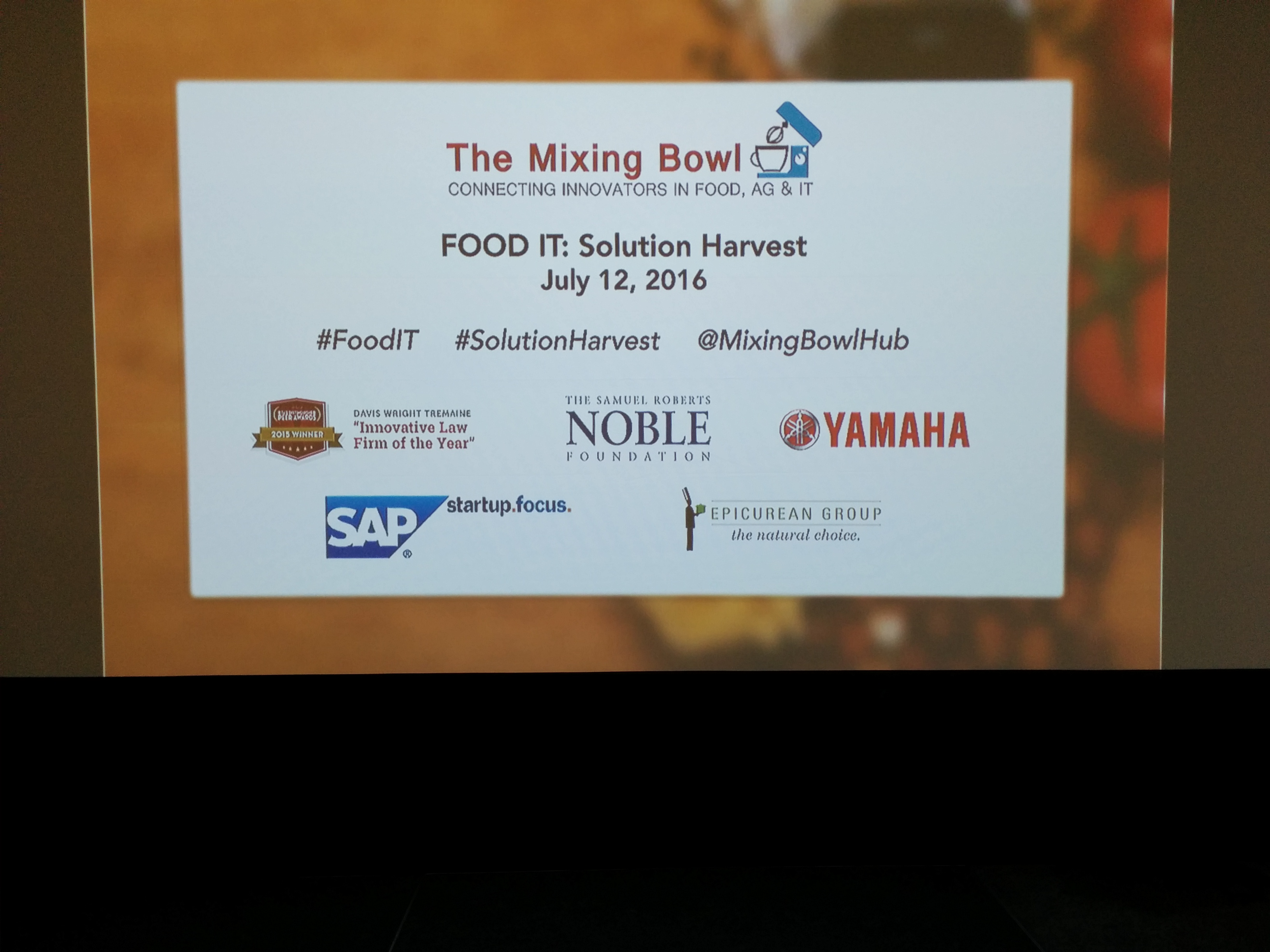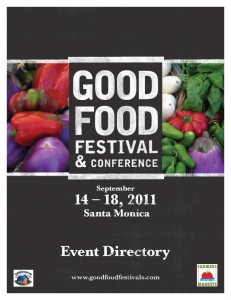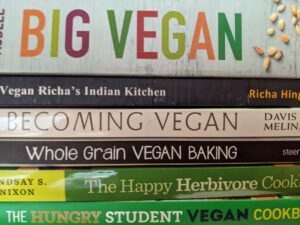On Saturday, I attended the impressively named International Conference on The Science of Nutrition in Medicine and Healthcare, held at Bondi Beach. A very intensive and informative series of lectures that investigated the role of nutrition in preventing and treating disease, with an emphasis on evidence-based scientific research. The three main themes of the conference were Mental Health, Metabolic Conditions and Cancer, but I will concentrate on bringing you the latest findings in cancer prevention and treatment.
Nutrition for cancer prevention
Ian Olver of the Cancer Council believes that a third of all cancer deaths could be prevented by lifestyle changes, with smoking, obesity and sun exposure being the main areas for change. In the US in 2003, obesity was the main factor in cancer development in 14% of men’s and 20% of women’s cancers. In Australia, as 23% of children and 56% of adults are overweight, there is increasing risk in the population for obesity-related cancers. He was particularly concerned with overweight children and the influence that junk food advertising and marketing was having on their food choices.
Recent evidence confirms that excess body fat is a major factor in bowel, breast, kidney, pancreas, oesophagus, endometrium, liver and gallbladder cancers. Red meat was also linked to increased risk of many cancers.
To reduce cancer risk, the World Cancer Research Fund recommends:
- avoiding energy-dense, nutrient-poor foods and drinks
- moving towards a plant-based diet
- limiting refined starchy foods such as pasta and bread
- limiting red meat and avoiding processed meats
- reducing alcohol and salt consumption
Check out Vegetarian Nutrition for ideas on how you can eat a healthy diet that helps beat cancer too.
Nutrients to reduce toxicity during chemotherapy
Dr Jennette Sarkoff talked about her recent research into the link between telomeres and the cancer patient’s tolerance of chemotherapy. The DNA, or genetic coding of our cells, is bundled into strands known as chromosomes, with telomeres acting as buffers on the end of each chromosome. The cells in our bodies are continuously dying off and being replaced by a new cell copy complete with identical DNA, but each time this happens the telomeres at the end of the chromosome shorten. Once the telomeres reach their limit, the cell can no longer replicate leading to cell ageing.
The use of chemotherapy for cancer treatment is severely impacted by the amount of toxicity that it causes in cancer patients. This poisoning of the body can be life-threatening but also leads to shortened treatment periods that result in lowered survival rates. Jennette’s team discovered that the patients with the least resistance to chemotherapy toxicity also had shorter telomeres than was expected for their age range.
On a more positive note, it has also been discovered that telomeres can be lengthened through lifestyle changes in as little as three months through better nutrition, antioxidant supplements, weight loss, calorie restriction, exercise and reduced stress. Jennette also noted that antioxidant supplementation has a positive effect on toxicity during chemotherapy treatment.
Future treatments could use DNA testing to identify patients at risk for chemotherapy toxicity. Nutritional measures could then be taken to lengthen their telomeres before starting chemotherapy.
Nutrition for cancer treatment
Dr Matt Shelton’s philosophy is that ‘the optimally nourished patient is the best placed to fight disease’. He stated that there has been no improvement in cancer survival rates in the last 50 years but that there has been a 50-fold increase in cancer incidence. Contentiously, he believes that chemotherapy makes only a minor contribution to survival rates and may even end life prematurely. During his work in a teaching hospital, he found that many cadavers contain tumours even though that was not the cause of death.
Sugar Feeds Cancer
Cancer cells are unable to burn glucose for energy like normal cells, as they rely on anaerobic or non-oxygen processes. Instead, they rely on fermentation to produce energy and sugar feeds that process. In addition, acidity in the body from a poor diet leads to a state of hypoxia, or oxygen starvation, which is ideal for cancer growth. Half of all cancer patients die of malnutrition as the cancer cells convert the bodily proteins into sugar to feed the cancer.
Vitamin D Deficiency Increases Cancer Risk
Matt believes that the obsession with reducing sun exposure is leading to widespread vitamin D deficiency, as vitamin D is synthesised by the action of sunlight on the skin. For every person with melanoma, there are 40 to 50 cases of other cancers caused by lack of vitamin D. The World Health Organisation states that low vitamin D levels are linked to a higher risk of cancer and a shorter life span. Where there is more sun exposure, there is less incidence of breast cancer.
Fruit and Vegetables Lower Cancer Risk
A Mediterranean diet with lots of fruit, vegetables, olive oil and red wine reduces cancer incidence by a quarter. When Japanese move from their traditional low meat, no dairy, fish and plant-based diet to a typical Western diet, their cancer risk doubles. Fruit and vegetables are protective against all cancers whilst cruciferous vegetables like broccoli and cauliflower are protective against breast cancer.
Matt also mentioned research that show high saturated fat and low polyunsaturated fats (omega-3) in the diet increases the risk of cancer. It is also well proven that anti-oxidants such as selenium, vitamin D, C and E are cancer preventatives, all of which are found naturally in a whole-foods diet. He also mentioned that green tea and turmeric, the spice used in curry, seem to have extra cancer-fighting properties which many pharmaceutical companies are now marketing as supplements.
Check out Vegetarian Nutrition for ideas on how you can eat a healthy diet that helps beat cancer too.
Healthy eating for a green planet too!
These three medical experts agree that a healthy, whole-foods, plant-based diet is one of the best ways to lower your cancer risk and also improves your chances of beating cancer. This diet is great for the environment too, as a reduction in meat and dairy production leads to lower carbon emissions, lower air and water pollution, less water wastage, less deforestation and less soil erosion.
Have a look at Healthy Eating for more info on the impact that agriculture is having on the environment.
Check out Food’s Carbon Footprint to find out how healthy food choices can help save the planet too.
